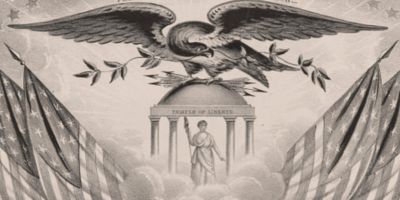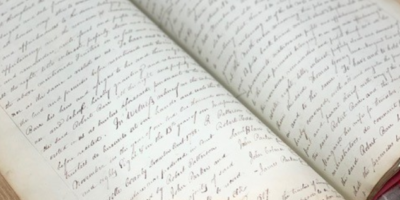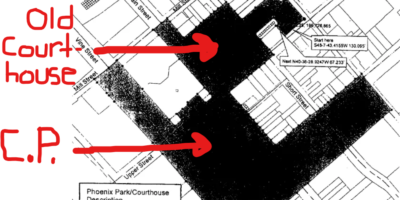By Marcus Flores
Says the Tenth Amendment of the United States Constitution: “The powers not delegated to the United States by the Constitution, nor prohibited by it to the States, are reserved to the States respectively, or to the people.” Given the stratification of state and local governments, the amendment authorizes the concept of “laboratories of democracy,” in theory allowing the states to experiment with, among other policies, the legalization of cannabis.
The Controlled Substance Act of 1970—scribbled into law by no less an alcoholic than Nixon—yanked away the states’ rights to craft sensible drug policy by labeling cannabis a federal offense. At least in their untethered youth, some notable politicians have ignored the Act. Speaking in 1992, President Bill Clinton informed us all that he tried cannabis but “did not inhale and did not like it.” (I do not know which is harder to believe.) And in 2007, then-candidate Barack Obama was asked if he had tried cannabis. The brave questioner deterred any Clinton-esque equivocation with the qualifier “inhale.” Nonplussed, Obama answered in the affirmative: “Inhaling was the point!” If Ben Chandler’s recent campaign was any indication of how pettiness can influence politics (specifically, the way in which he labeled Andy Barr a criminal for the most egregious transgression of possessing a fake ID in college), then Obama’s career might never have taken off had he to suffer his confession in a court of law.
Nevertheless, the Department of Justice, which must frequently run out of things to do, has not stopped harassing cannabis dispensaries in Colorado and California (or libraries in the latter. Who knew that lending e-books infringed on the rights of the blind?). Attorney General Eric Holder has licensed and defended the raids because said dispensaries violated state laws. The DOJ therefore skipped notices or fines or citations and went straight for handcuffs. Like Clinton, Obama does not seem to care for cannabis either.
Or perhaps President Obama’s stiff silence on the issue has other origins. The first black president may want to avoid the amended title of “first pro-pot president.” But by avoiding a stereotype one may as well be deferring to it. Decades of government campaigns against cannabis have not resulted in significant decreases in the drug’s usage in the United States, though it has successfully demonized it as a vice of the lowest class. To Nixon, cannabis and laziness went hand in hand: “At least with liquor I don’t lose motivation.”
Suppose that, right here in the Bluegrass, one were to distribute a survey that read: “Should marijuana be legalized?” The response would be overwhelmingly negative, the consequence of a stigma that was fashionable eight presidents ago. But every statistician knows that a change in wording corresponds to a change in responses, so imagine a survey that instead read: “Cannabis indica and cannabis sativa are naturally occurring species of plant that, when ingested or smoked, are known to produce euphoric and drowsy effects. To date, no one has ever died from consumption of the plant, and it has verified medical usages. Should this drug be legalized?” The survey would surely gather more positive responses than the previous, suggesting a referendum of this sort may be exactly what is needed to combat the stigma stapled to cannabis.
Or, what is needed are more casual users of the drug to surface, showing that they are not all basement-dwelling stoners. What is needed are more women like “Jennifer Pelham”—highly successful individuals who enjoy a few hits of the peace pipe after a 12 hour day. But even she has to use a pseudonym when admitting to her cannabis use or risk the loss of her enviable position as a corporate attorney. Likewise, for the sake of political correctness President Obama had to claim, like Clinton, that he was “not proud” of having used cannabis. And were it not for a GQ article thrusting the matter before the eye of the public, the story of Rand Paul’s bizarre homage to a deified bong named “Aqua Buddha” might never have come to light.
Presidents and politicians peddle a double standard when it comes to substance use. Every politician affirms states’ rights, but, oddly, this position tends to exempt drug policy. When things cannot get done, President Obama’s reliance on executive orders has earned him criticism from the right. But imagine if he used it to remove cannabis from the list of controlled substances. He would be using a presidential power to restore a lost liberty originally allotted to the states and individuals. In absence of an executive order or taming of the DOJ, Obama, at the very least, ought to offer a statement regarding what his administration will (or will not) do given the legalization of cannabis in two states.




1 Pingback